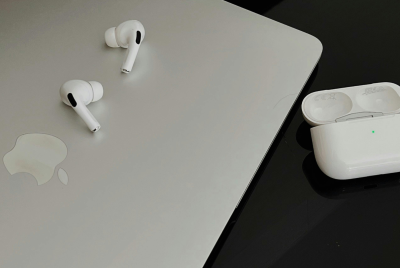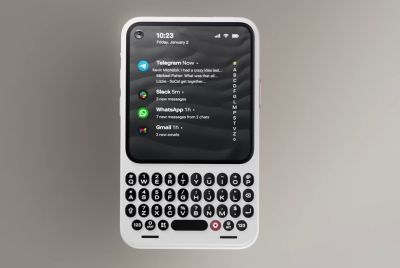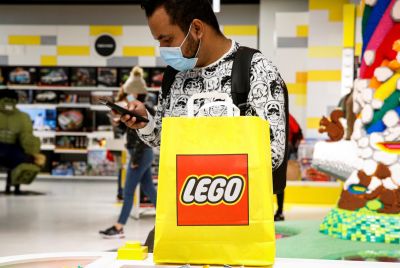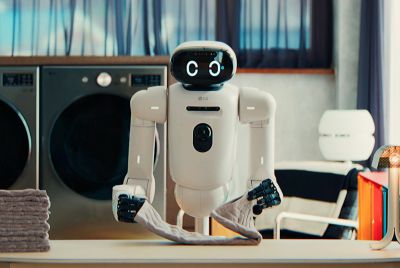Former FBI chief James Comey says 'no doubt' Russia-linked hackers leaked DNC files
Comey became aware of Russian cyber-intrusions in 'late summer of 2015.'
James Comey, the former director of the FBI, has appeared in front of the US Senate Intelligence Committee – and the rest of the world via live-streaming video – this week (8 June) to testify under oath, roughly one month after being fired by president Donald Trump.
During the sessions, which instantly became the talk of social media, Comey confirmed details about the alleged Russian interference in the 2016 US presidential election, which the country's intelligence community believes was orchestrated by hackers linked to the Kremlin.
In a back-and-forth with Republican senator Richard Burr, Comey said he first became aware of Russia-connected cyber-intrusions in "late summer of 2015".
He described the attack as a "massive effort to target government and non-government agencies, like non-profits." The ex-FBI chief said hackers may have hit more than 1,000 targets, but stressed it was at least "in the hundreds."
He first became aware sensitive data had been stolen in "late 2015 or early 2016" and also confirmed the FBI, alongside the Obama administration, then attempted to notify victim organisations.
"There was a series of continuing interactions with entities through the rest of 2015 into 2016 and then throughout 2016 the administration was trying to decide how to respond to the intrusion it saw," he said. The FBI did not have direct access to the hacked computers, Comey confirmed.
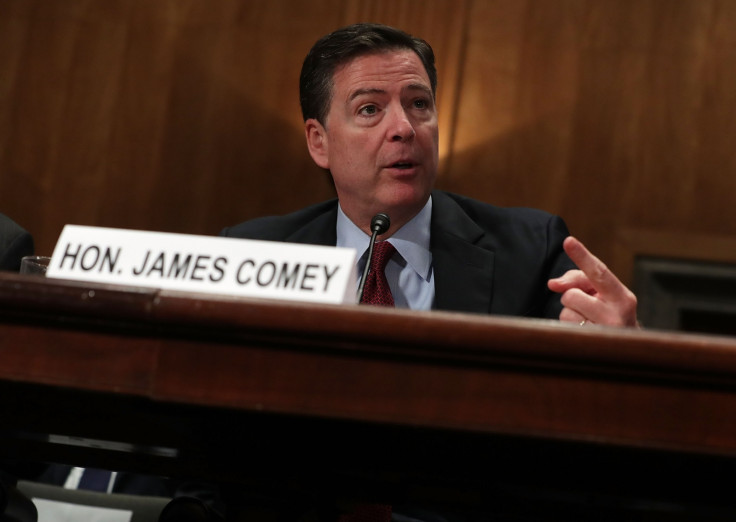
Burr asked Comey a series of questions: Do you have any doubt that Russia attempted to interfere in the 2016 presidential elections? Do you have any doubt the Russian government was behind the intrusions at the DNC and DCCC systems and the subsequent leaks of that information?
Do you have any doubt the Russian government was behind the intrusion of state voter files? Do you have any doubt that officials of the Russian government were fully aware of these activities? In each case Comey responded with a simple "no" or "no doubt."
The final question on the topic asked if Comey was confident that no votes cast in the 2016 presidential election had been altered, as some previously believed. He responded: "I'm confident, when I left as director I had seen no indication of that whatsoever."
Comey was fired by the US president in early May 2017. Trump's team initially blamed his dismissal on the prior handling of the probe into Hillary Clinton's use of a private email server, but later it emerged it was linked to the congoing investigation into Russian interference.
The day before the testimony, Comey released his written statement to the committee, revealing Trump had repeatedly asked him to pledge his loyalty to him, even asking the law enforcement boss to suspend his investigation into Michael Flynn, a former security advisor.
It was on 6 January this year when the US government published a declassified version of its analysis into alleged Russian state-sponsored cyberattacks. Coming in at 25-pages, it contained analysis by the FBI, NSA and CIA combined. It was an instantly explosive document.
"Russia's effort to influence the 2016 US presidential election represented a significant escalation in directness, level of activity, and scope of effort compared to previous operations aimed at US elections," it stated, adding evidence that known hacking groups were involved.
Last year, both the Democratic National Committee (DNC) and the Democratic Congressional Campaign Committee (DCCC) were targeted. The US election between Trump and Clinton came to be defined by leaks, hacking propaganda and misinformation.
"The administration chose to defame me and more importantly the FBI by saying the organisation was in disarray, that it was poorly led, that the workforce had lost confidence in its leader," Comey said during his testimony. "Those were lies, plain and simple," he added.
You can see our full and ongoing coverage here.
© Copyright IBTimes 2025. All rights reserved.





